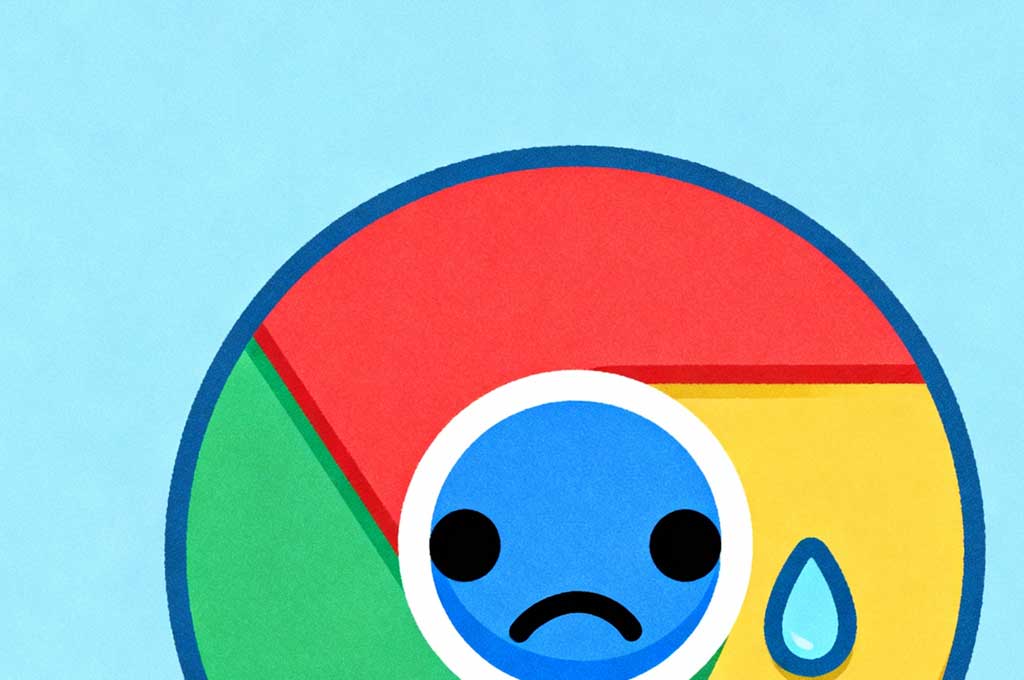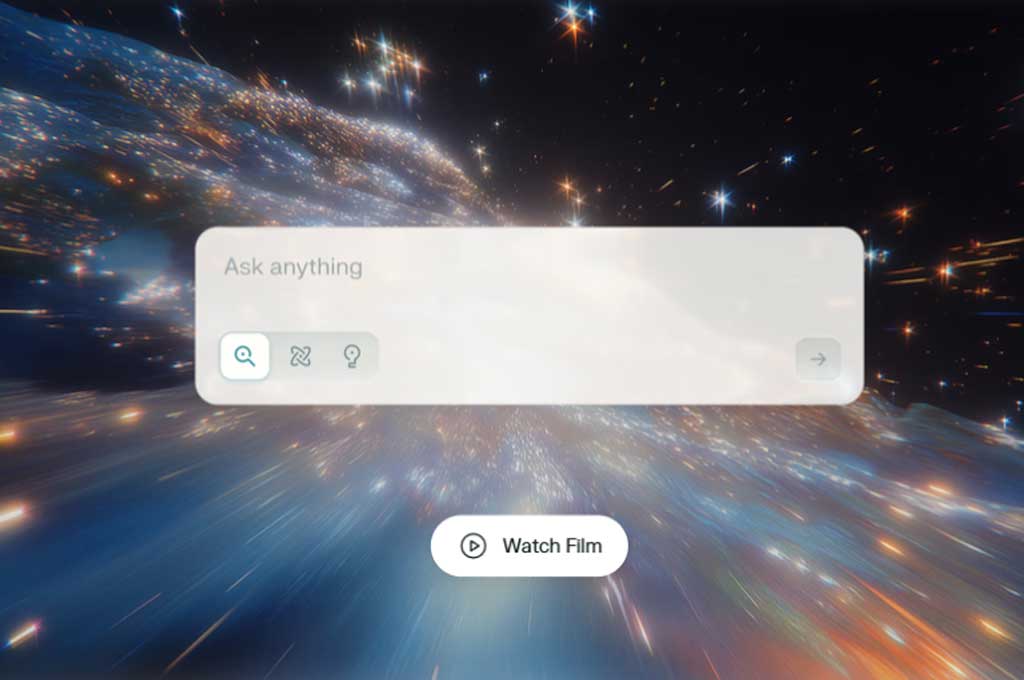Is Chrome’s reign finally ending?

For more than a decade, Google Chrome has ruled the web. With over 70% of global market share in 2025 , Chrome remains the world’s most‑used browser—but cracks in the crown are starting to show. As users push for better privacy, more speed, and smarter browsing, AI‑powered browsers like OpenAI’s ChatGPT Atlas and Perplexity’s Comet Browser are reshaping what we expect from the internet.
OpenAI’s ChatGPT Atlas
OpenAI’s ChatGPT Atlas is a browser built from the ground up with artificial intelligence at its core. Instead of typing long queries or juggling dozens of tabs, Atlas lets you ask questions in natural language, then summarises, references, and even acts on your behalf.
It features a powerful agent mode that performs tasks like researching, booking, or comparing results—directly inside the browser. Users can control memory settings, enabling truly personalized but private browsing.
Atlas represents a major leap forward in “contextual browsing,” where users no longer search the web—they converse with it.
Comet Browser by Perplexity

Comet Browser by Perplexity
Comet Browser offers another vision of the future. With built‑in AI assistants, voice control, and adaptive learning, Comet reimagines every interaction online as a productive, conversational experience.
Unlike Chrome, which relies heavily on user data for ads, Comet is privacy‑first and designed to “work for you.” It can maintain threads of past research, manage side projects, and even switch tone or format on command—all while you browse other tabs.
This kind of co‑browsing with AI will likely define how people work and learn on the web in the next decade.
Chrome’s dominance faces its first real challenge
Even as Chrome’s global share hovers around 70%, independent data shows minor but consistent declines in certain regions where users prefer privacy‑enhancing or AI‑integrated browsers.
Experts predict a gradual shift—not a sudden dethroning. Chrome’s massive ecosystem and integration with Android still give it strength. But as conversational search and intelligent agents become mainstream, users may no longer need “search engines” in the traditional sense.
When the browser does the thinking, brand loyalty becomes optional.
What the future of browsing looks like
The next phase of browsing isn’t about speed or design—it’s about intelligence and intent. Whether through Atlas’s AI agents, Comet’s personal assistant, or up‑and‑comers like Arc and Brave, the internet is being rebuilt for reasoning, not just reading.
The web is entering its assistant era, where your browser becomes the brain behind your online life—anticipating, summarising, and sometimes even deciding.


